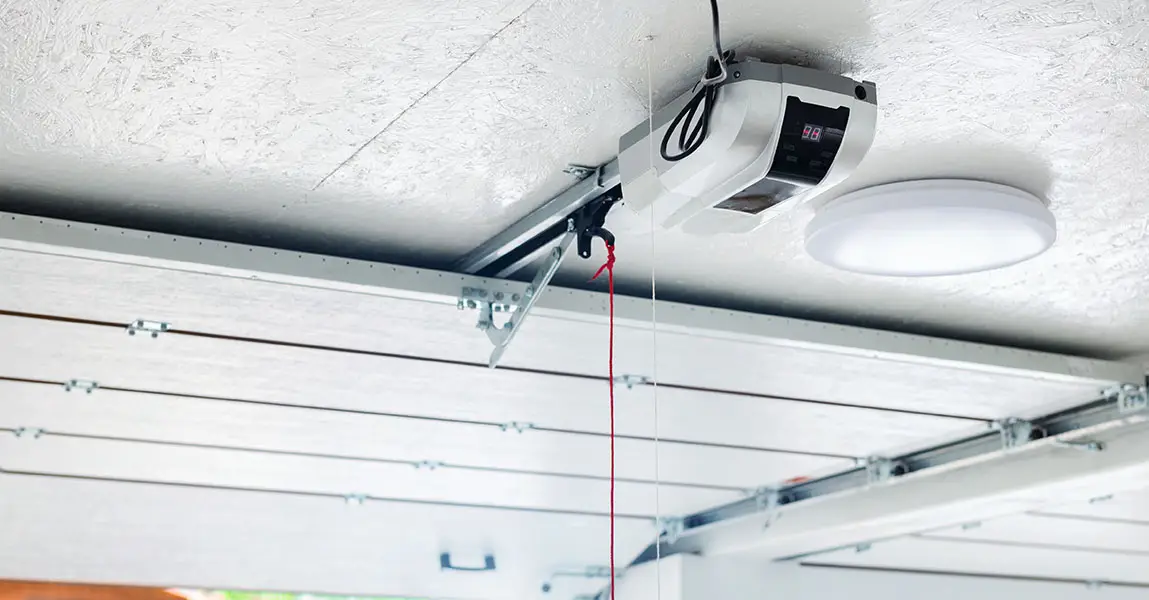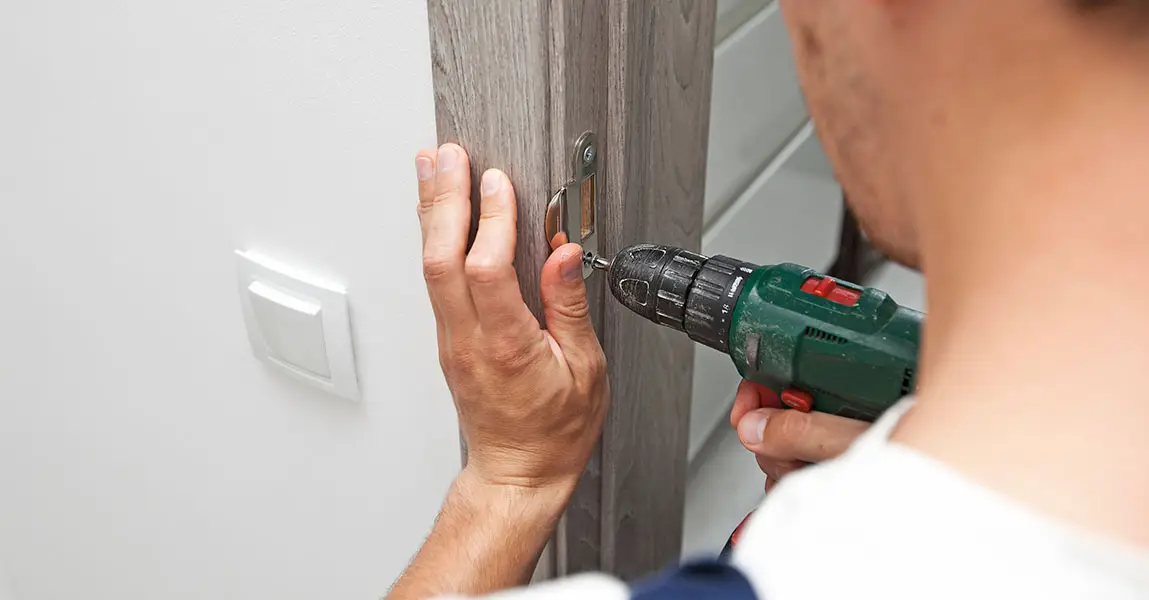Caring for an anxious or mobility-challenged pet can feel like a balancing act. We want to comfort them while also ensuring they get the care they need. Yet, visiting a clinic can often make things harder. That is where a mobile veterinary service can change everything. By bringing professional care directly into your home, mobile vets create a calmer, more familiar setting where pets feel safe and understood.
The Comfort of Home
Many pets associate car rides or vet offices with stress. The unfamiliar scents, strange sounds, and bright lights can trigger anxiety before an appointment even begins. For pets with joint pain or limited movement, simply getting into a car can be painful. We see this often in older dogs or cats recovering from injuries.
In-home veterinary visits remove these obstacles completely. Pets stay in their comfort zone, surrounded by familiar sights and smells. This setting allows us to observe natural behaviors that might not appear in a clinic. It also helps us assess how pets move, rest, and interact in their daily environment. Reducing travel and stress often leads to more accurate health evaluations and smoother treatments.
Understanding Anxiety in Pets
Pet anxiety can show up in subtle ways. Some animals shake, hide, or pace. Others pant, refuse food, or become unusually clingy. Stress is more than discomfort; over time, it can affect physical health. Chronic anxiety can weaken immunity, disturb digestion, and lead to destructive behavior.
When we visit pets in their own homes, we see these reactions in real-time and within context. A dog who trembles at the clinic may be relaxed at home, allowing us to focus on actual health needs rather than stress responses. We often recommend simple changes—like soft background music, safe spaces, or gradual desensitization—to help them stay calm. Over repeated visits, pets learn that not every vet appointment brings fear, which builds lasting trust.
Helping Pets with Mobility Challenges
For pets struggling with arthritis, hip dysplasia, or neurological issues, every movement counts. Climbing into a car or waiting on a slippery clinic floor can worsen pain or cause injury. Older pets often lose confidence when they feel their bodies failing them.
Home visits eliminate the strain of travel and physical stress. We can gently examine joints, monitor walking patterns, and adjust pain management plans without moving the animal unnecessarily. Many times, we use the flooring and furniture at home to assess real mobility challenges. That helps us recommend simple adjustments, such as ramps, non-slip mats, or supportive bedding.
Routine care like nail trims, wound cleaning, and medication adjustments also become easier when pets do not have to leave their safe space. It allows for gentler, more frequent care, improving both comfort and long-term quality of life.
Why Familiar Surroundings Matter
The bond between pets and their environment runs deep. The smell of their bed, the sound of their favorite toy, and the presence of family members provide reassurance. During in-home visits, we often notice calmer breathing and fewer signs of distress.
These surroundings also help us better understand daily routines. We can see how food is served, where the litter box sits, or how easily a pet moves between rooms. These details give us valuable clues about lifestyle factors affecting health or behavior. In some cases, small environmental adjustments, like rearranging furniture or adding low-entry litter boxes—can significantly improve comfort.
Building Trust Through Consistency
For anxious or mobility-limited pets, trust takes time. Each stress-free visit strengthens that trust. Seeing the same vet team in the same setting builds familiarity and reduces fear. Pets begin to associate our presence with gentle handling rather than discomfort.
We often use slower pacing during these visits, allowing pets to approach us when ready. This respect for their comfort level is key to cooperation. The result is smoother exams, safer procedures, and more reliable health data. Over time, owners notice that their pets greet us with curiosity rather than tension.
The Role of Owners During Home Visits
Owners play a vital role in making home visits successful. Staying nearby provides reassurance, especially for anxious animals. Speaking softly and keeping movements slow helps pets feel calm. Sometimes, we ask owners to hold their pets or sit close during exams. This shared involvement helps pets feel supported while giving owners a clear view of their care process.
We also encourage open conversation during visits. Home settings make it easier to discuss concerns about diet, medication, or behavior. When everyone feels relaxed, communication flows naturally. This teamwork often leads to more practical and tailored care plans.
Reducing Travel Stress for Cats and Small Pets
Cats and small pets are especially prone to travel anxiety. Many resist carriers or hide at the sight of them. Loud car rides and unfamiliar smells amplify stress. For rabbits, guinea pigs, and birds, even short trips can cause physical strain.
A mobile vet visit prevents this entirely. These pets stay calm because nothing in their environment changes. We can perform exams, vaccinations, and minor treatments without forcing them into carriers. In their own territory, small pets often act more naturally, which helps us detect subtle health changes early. It also strengthens their bond with their owners through calmer, shared experiences.
Managing Chronic Conditions at Home
Chronic conditions like arthritis, diabetes, or heart disease require ongoing monitoring. Frequent clinic trips can be tiring and stressful for both pets and owners. With home-based care, regular checkups fit easily into daily routines.
Mobile veterinary teams often use portable tools to perform diagnostics such as blood pressure checks, blood draws, or medication adjustments. Because pets remain relaxed, these readings are often more accurate. We can also track progress over time in familiar conditions, ensuring that treatment plans stay effective and humane.
When needed, we coordinate advanced diagnostics or hospital referrals while continuing home care for comfort and continuity. This hybrid approach keeps pets stable and reduces emotional strain.
Supporting Senior Pets with Gentle Care
Senior pets benefit the most from at-home care. Mobility loss, sensory decline, and chronic pain can make clinic visits overwhelming. At home, seniors can receive exams on their favorite blanket or bed. This simple comfort lowers stress and improves cooperation.
We often focus on improving daily comfort rather than just treating disease. For example, adjusting feeding schedules, hydration routines, or rest areas can extend mobility and independence. Through consistent observation, we can catch early signs of discomfort before they escalate.
In-home palliative care is also more peaceful. Families can focus on gentle companionship, and pets remain surrounded by love during every stage of their care journey.
When to Consider a Mobile Vet
Choosing home veterinary care depends on the pet’s temperament, age, and health. It is ideal for:
- Pets with anxiety or fear of clinics
- Seniors or pets with mobility problems
- Multi-pet households needing convenient care
- Owners seeking stress-free wellness visits
For many, the benefits go beyond comfort. Mobile care gives pets personalized attention and more time with their vet, often leading to earlier detection of health issues and better overall outcomes.
To explore professional in-home services in your area, learn more about mobile veterinary care options available locally.
Taking the Next Step
If your pet struggles with anxiety or movement, professional help can make life easier for both of you. Personalized visits can reduce stress and restore confidence during care. To schedule a visit or discuss your pet’s specific needs, you can contact us directly for guidance. A calm home environment may be the best medicine your pet ever receives.
Frequently Asked Questions
1. How can I tell if my pet has anxiety about vet visits?
Watch for signs like shaking, drooling, hiding, or vocalizing before appointments. Pets may also resist carriers or become restless during travel.
2. What types of pets benefit most from mobile veterinary care?
Anxious pets, seniors, and animals with limited mobility often benefit most. It is also ideal for pets who dislike travel or have multiple conditions requiring close monitoring.
3. Can mobile vets perform the same services as a clinic?
Yes, most can handle exams, vaccinations, lab work, and minor procedures. They also provide chronic condition monitoring and palliative care when needed.
4. How should I prepare my home for a vet visit?
Choose a quiet, well-lit space with minimal distractions. Keep pets accessible but comfortable, and have their medical records or medication nearby.
5. Is mobile veterinary care more stressful for my pet?
Usually not. Most pets feel calmer because they stay in their familiar environment. Visits are quieter, shorter, and gentler than traditional clinic appointments.








